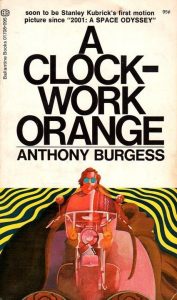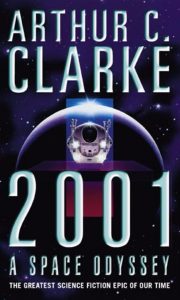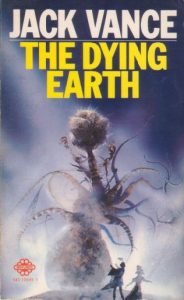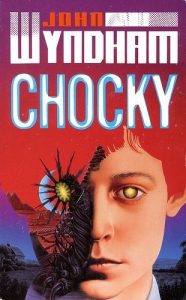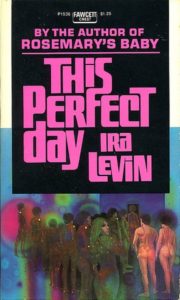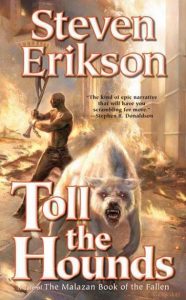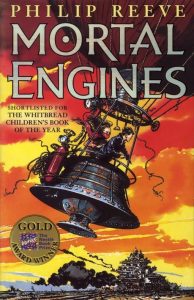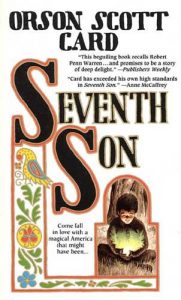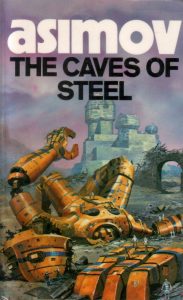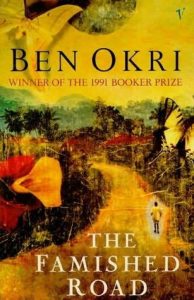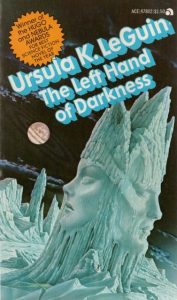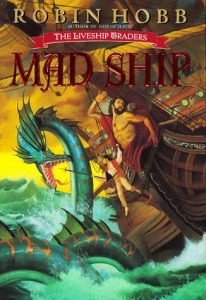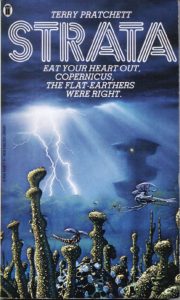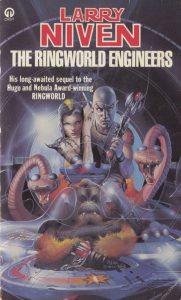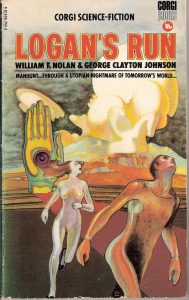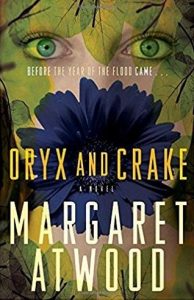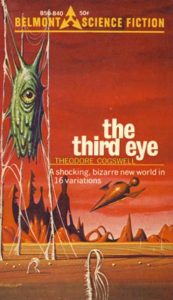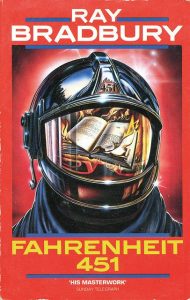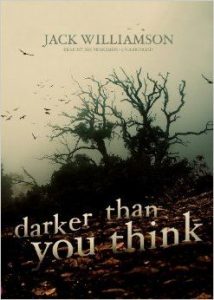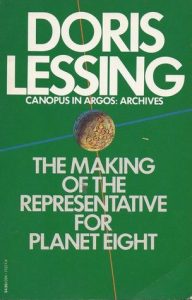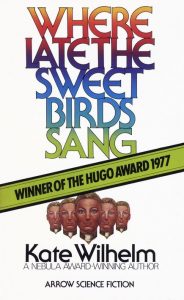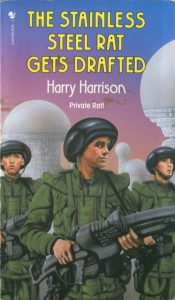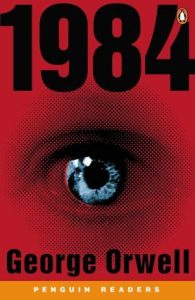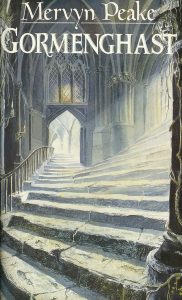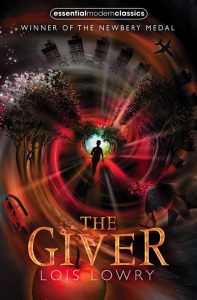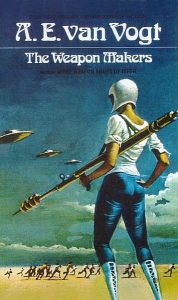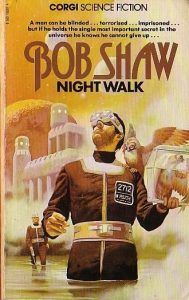For those of you with exams coming up, here is some advice. For those who don’t have exams, read anyway – it may well be of use later.
It’s not all about knowing the texts and demonstrating your command of the English language. What about you as a person? It’s natural to feel nervous before an exam. Use that energy. Channel it into your revision and exam practice, but don’t let nerves get the better of you. In the exam, breathe in slowly through your nose, hold for a moment, then breath out slowly through your mouth – you will find yourself becoming calmer.
Ensure that you get a good night’s sleep the night before the exam.
Use the toilet before the exam, but don’t feel embarrassed about asking to use the loo during the exam – it’s better to concentrate on your answers than on your bladder.
Make your table your world. Ignore everyone and everything else in the room – nothing else matters. Put your watch on the table and ignore the clock on the wall.
Ensure that you have two pens (at least) in the exam hall. There are always some students who have pens that run out of ink (and some even forget to bring pens with them!).
Start with whatever section gives you the possibility of the most marks (You can always rearrange the order of your papers at the end). Give yourself at least five minutes at the end to proof-read what you’ve written – you wrote fast under pressure, so there will inevitably be mistakes.
Don’t think that you can fob the examiner off with waffle. Here’s a genuine Year 11 essay:
This poem written by … is a poem that gives the reader a thought of the poem. As the reader reads the poem, he/she would get an image of the poem. The reader would be able to imagine a picture of what is going on in the poem. The choice of words that the poet uses makes it easier for the reader to get an image of the poem.
This bland, fault-ridden opening tells us nothing. One could apply it to any poem or prose excerpt that one has never bothered to read. No examiner will ever be fooled by this nonsense. It is waffle that the student hopes will disguise the fact that he/she does not understand the piece. Do not waste time writing this rubbish – instead, make meaningful and specific comments about the piece.
Now compare it to this response from the same class about the same poem:
…is a romantic piece about two estranged lovers who live in different places.
Don’t rely on the teacher or think to blame everything on him/her. Even before the Internet, students were expected to demonstrate initiative and do their research in the library. Today, you have a wealth of information at the touch of a button. Use it – and don’t be tempted to make excuses. If something is unclear, don’t wait until the lesson. If you have a problem with your written expression – fix it (You will find many useful links on this very site).
Remember that you are students of Language primarily – in a sense, there is no such thing as a student of Literature – because it’s all about the words and their construction! With this in mind, don’t shy away from the poetry in the unseen exam – because you should be writing about pace, fluency, pitch and other such devices even when writing about prose.
Take the time to explore the texts and the language exercises to discover what you think. Don’t just blindly repeat what your teacher has said. CIE say:
“Examiners can easily differentiate between students who have genuinely responded to literature for themselves and those who have merely parroted dictated or packaged notes.”
Smell is a great aid to memory (apparently). Try wearing the same perfume/aftershave on the day of the exam that you use when revising.
Timing! Plan your time properly. Start by answering the questions that have the potential to give you the greatest numerical score. Allocate your time appropriately. Read the questions three times to ensure that you understand – but don’t ever waste time on first drafts! Try to finish at least five minutes before the end of the exam – spend the last few minutes proof-reading – you can pick up valuable extra points this way.
Practise! Practise! Practise!
Here are the funniest (and most alarming) mistakes from previous exams. Enjoy.
“strucked…striked…hitted…builted…digged out”
“…about how they survived this disaster and geologists.”
“The earthquake was informed.”
“The speaker reveals everything that happens, using words.”
“Seamus uses some words to depict the mood and foreshadowing and metaphors.”
“strucked…striked…hitted…builted…digged out”
“…about how they survived this disaster and geologists.”
“The earthquake was informed.”
“The speaker reveals everything that happens, using words.”
“Seamus uses some words to depict the mood and foreshadowing and metaphors.”
[n.b If you do not understand the words illustrate, depict and foreground, it is probably best not to use them]
Next, we have those who waste time with the blindingly obvious or the completely vague:
“The Mid-term Break is either ironic and not ironic.”
“Heaney expresses his feelings through various techniques.”
“The poet uses the word ‘angry’ to show that the mother is angry.”
And finally, we have the Just Plain Weird category:
“Geogolists”
“The message will be sent forth” (Presumably with Moses from Mt Sinai)
“lossness”
“The destruction was handmade”
“…a warning to warn.”
“The poet instigate alliteration and assonance to emphasize the stopping of blood and life.”
“This past member is dead with bloods.”
“An illustration of a picture or the creation of imagery was extrapolate in the concluding stanza of the poem.”
“Seamus wants the conveys.”
“Seamus ironicly twisted both the tone and mood of his poem.”
“This poem consists of irony, sad mood and tone, and symbolism.”
“He was alone with his brother and many literary terms.”
“The person is Death.”
“emotional feelings”
“Heaney adds assonance and alliteration.”
“Geogolists”
“The message will be sent forth” (Presumably with Moses from Mt Sinai)
“lossness”
“The destruction was handmade”
“…a warning to warn.”
“The poet instigate alliteration and assonance to emphasize the stopping of blood and life.”
“This past member is dead with bloods.”
“An illustration of a picture or the creation of imagery was extrapolate in the concluding stanza of the poem.”
“Seamus wants the conveys.”
“Seamus ironicly twisted both the tone and mood of his poem.”
“This poem consists of irony, sad mood and tone, and symbolism.”
“He was alone with his brother and many literary terms.”
“The person is Death.”
“emotional feelings”
“Heaney adds assonance and alliteration.”
Just relax, do your best and don’t panic
Good luck








